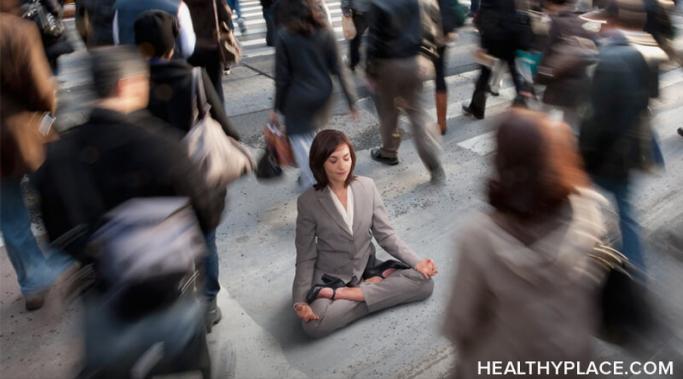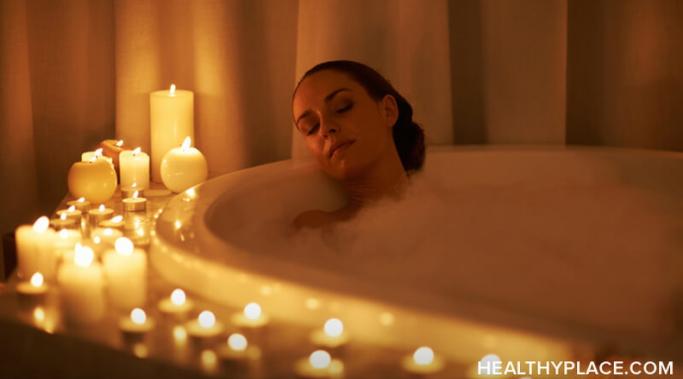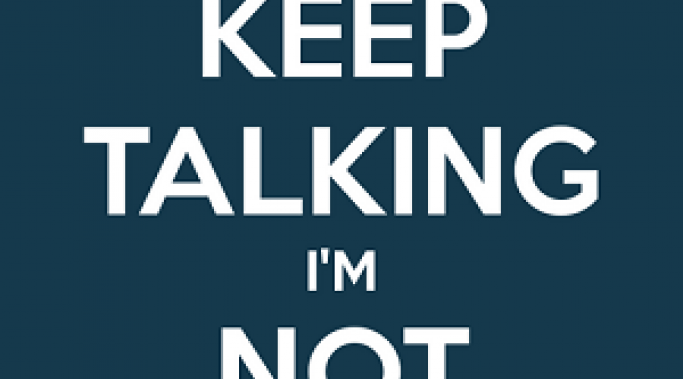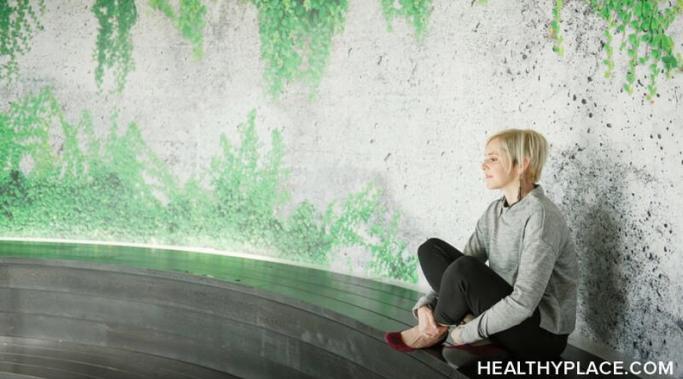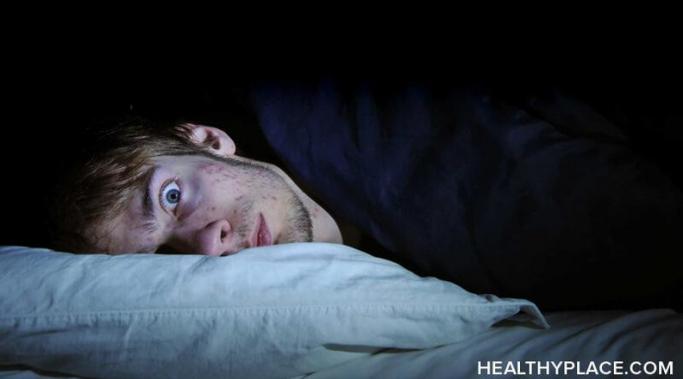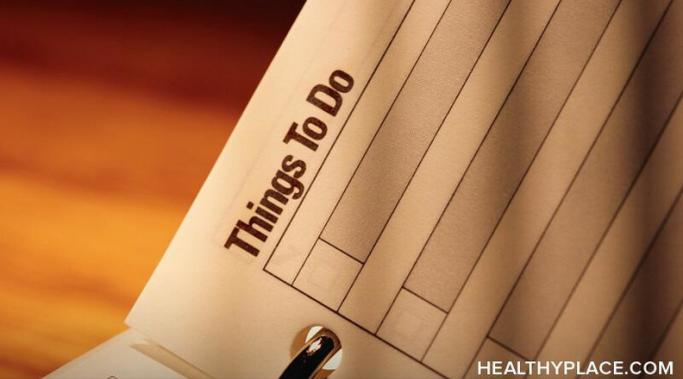Overcoming a type of anxiety known as the imposter syndrome often seems impossible. The imposter syndrome is a crushing anxiety that can plague high-achieving individuals, making them fear being discovered as a fraud, a phony, a fake, a man or woman undeserving of being where he or she is. This anxiety causes extreme stress and fear of failure. Like all anxiety, the imposter syndrome can be significantly reduced and even completely overcome.
Anxiety-Schmanxiety
While it’s not categorized as an official anxiety disorder in the DSM-5, the imposter syndrome is a very real, often paralyzing, form of anxiety. It’s not something that’s often discussed, at least not openly. It can’t be. People who experience the imposter syndrome are so anxious, so afraid, of being exposed as incompetent phonies who have no right to be where they are that they are reluctant to disclose having this type of anxiety. If this describes you or someone you know, read boldly on. Recognizing and acknowledging the imposter syndrome is one way you can keep it from pushing you backward.
Mental health first aid for anxiety or otherwise can refer to a formal educational program that trains people to identify, understand, and respond to people showing signs of mental illness. It’s also a concept that we can all use to treat our anxiety when it flares and threatens to damage us in some way (Developing a Wellness Toolbox). Taking action to keep a problem from growing and worsening is a proactive way of taking control away from anxiety and putting it back into your own hands. By learning how to create and use a mental health first aid kit for anxiety, you can be ready for anything anxiety tries to throw at you.
When anxiety says you can’t _____ (fill in the blank with whatever it is you think you can’t do), it’s frustrating, and it can be tempting to give up. Why bother trying to move forward when anxiety is screaming at you, attempting to convince you that you can’t do something? There are important reasons we should bother moving forward despite being anxious and believing we can’t do something: We are living our lives, we have goals, passions, and purpose, and anxiety is wrong (12 Lies Anxiety Tells You). You can respond to anxiety to take away its voice. You can respond when anxiety says you can't do something.
If you live with anxiety, there’s a good chance that you’ve had conversations with your anxiety. “Conversation” might be too generous a term for the inner dialog that occurs with anxiety. A conversation with anxiety isn’t really a back-and-forth, rational exchange of ideas. Far from civil banter, anxiety’s talk is loud-mouthed, one-sided, boorish, and toxic. It is through this type of manipulative conversation that anxiety is able to maintain power over us. Let’s take a look at an example of a conversation with anxiety to objectively see one of its methods of manipulation.
Wanting to get rid of anxiety is perfectly reasonable and very normal, but focusing on yourself to do that may not have crossed your mind. When we think of getting rid of anxiety our focus is on that anxiety. It is anxiety that is receiving our attention; unfortunately, what we pay attention to sticks around. It can be empowering and uplifting to shift your attention away from anxiety and onto something much better: you. To get rid of anxiety, focus on yourself.
Anxiety and exhaustion frequently go hand in hand. Feeling anxious day after day is exhausting, and when we’re so worn out, anxiety worsens because managing it becomes more difficult. The fatigue of anxiety often feels different than the exhaustion of depression. Whereas depression can zap people of energy and motivation and make it difficult to be up and about, anxiety can put people on almost constant alert, leading to a sensation often described as tired and wired. Increasing awareness of anxiety and exhaustion can help you take measures to feel better physically, mentally, and emotionally.
Anxiety has a way of ruining relationships, making us feel unlucky in love. As anyone who has ever had a relationship involving two people and an annoying third wheel—anxiety—knows, love can be hard to feel and enjoy when anxiety gets in the way. Take heart: there are things you can do to keep anxiety from ruining your relationship.
Most people are unlikely to create life-goals that accept anxiety because anxiety can be unbearable physically, mentally, and emotionally. Chances are, you’d prefer your life to be anxiety-free. Of course you would; that’s a very natural thing to want, especially if living with anxiety has you feeling overwhelmed, stressed and exhausted. Creating life goals is an important component to accepting anxiety, but living anxiety-free isn’t an effective part of life goals. It’s okay if your life goals accept anxiety. Here’s why.
Undoubtedly, social anxiety interferes with life and can ruin your fun (Social Anxiety: A Spectrum from Shy to Avoidant). Living with social anxiety means being on edge, unable to relax or let our guard down. Experiencing social anxiety means living in fear of doing something embarrassing or being judged as incompetent, inadequate, "less than." Social anxiety creates racing thoughts that are relentlessly self-critical. The anxiety, fear, and sheer exhaustion of all of this can make us shy away from people and social situations. In doing so, is social anxiety ruining your fun?
